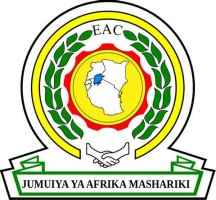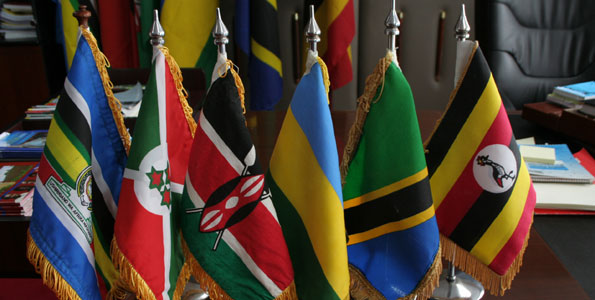East African Community signs Draft EU Trade Pact to avoid Tariff Charges


Should the EU ratify this Economic Partnership Agreement (EPA), EAC will continue enjoying duty-free access to the EU markets. This is according to a post on the Ministry’s Twitter handle, which cited a signing ceremony held in Arusha, Tanzania.
The EU Commissioner for Trade Karel De Gucht, said last year that the signing of this accord comes after decade-long negotiations, with export taxes and non-compliance provisions being discussed.
In 2007, the five EAC nations signed an interim EPA that allowed them duty- and quota-free trade with the EU. In exchange, EU products would be given unrestricted entry into the EAC markets for a period extending more than 25 years.
Statistics shows the EAC exported 2.2 billion euros ($2.8 billion) worth of goods to the EU in 2013 and imported 3.5 billion euros ($ 4.5 billion). This accounted to about 0.2% of all EU trade, as by the European Commission Directorate-General for Trade.
The accord spells a milestone economic achievement for the EAC. In the instance of Kenya, (EAC’s biggest economy), should the country have failed to enact the EPA by October 1st. The country would have faced restrictive duties imposed on its agricultural exports (such as coffee, tea and carnations) to the EU.
Kenya would have been trading with the EU under the Generalized System of Preferences (GPS). Under this regime, Kenya’s exports to the EU would have faced taxation of up to 8.5% for the fresh roses and cut flowers, 30.1% for the vegetables, 6.4% for tobacco and 2.6% for the roasted coffee.
Related: EAC set to harmonize Regional Calling Rates.
According to Kenya’s Foreign Ministry, the EU imports about 40% of Kenya’s fresh produce. The remaining four EAC nations are considered as ‘least-developed nations’ and as such can export to the EU markets under the Everything But Arms regime, but Kenya as said by the EU is a ‘developing nation.’
On Monday, the EU said, “Negotiations for an EPA between the EU and the EAC are ongoing and are close to conclusion.”
The EAC countries have a combined GDP of $100 billion and are home to a population of about 141 million people.



